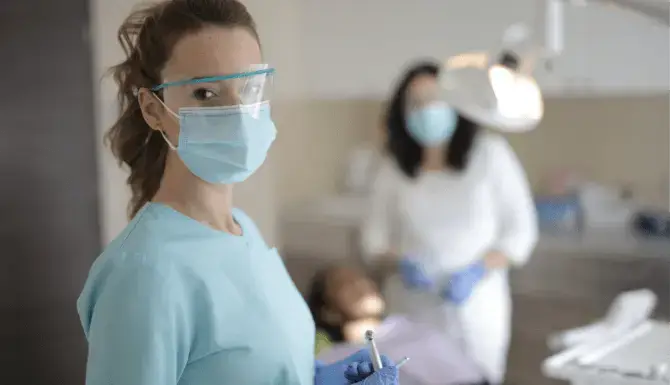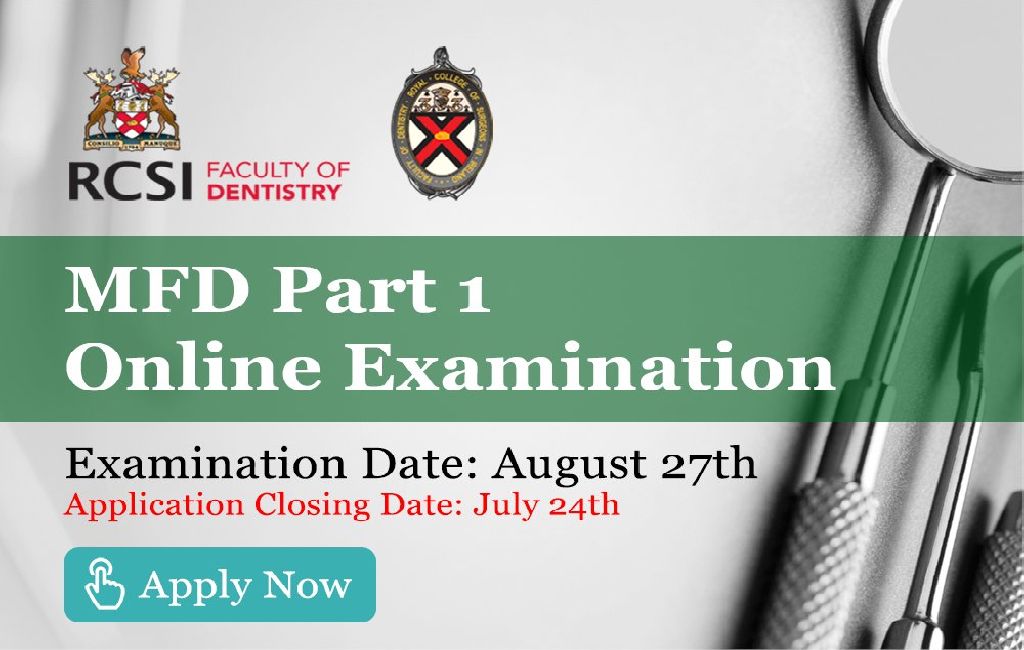
What constitutes urgent dental care in the face of COVID19
On 23-03-2020 | Read time about 5 Minutes
This is the second of a series posts, specific to the COVID19 pandemic. Please read it along side with Corona virus: Infection Control for Dental Practice which details all of the infection control measures that need to be put in place before treating any patient.
Coronavirus is the biggest challenge of our lifetimes. The number of cases is set to rise sharply. We must all do everything we can to slow it down, and save lives.
Major dental associations and regulatory bodies like the American Dental Association, British Dental Association, Dubai Health Authority etc. are currently recommending dentists close their offices to all but emergency care. We have provided guides below to help dentists as well as patients determine when to consult a dentist or if care should be rescheduled.
Trauma
There are only two trauma-related situations where the patient needs urgent care. Assess the situation as below and decide as necessary
Bleeding
Swelling
Pain
- Is there accompanying fever?
- Have they taken analgesics (pain-killers) and found relief?
Using above questions, judge if the case is severe. If thought to be severe- Treat patient ASAP
| Other minor complaints that may need urgent appointments | Complaints that needs waiting |
| After surgery treatment (dressing change, stitch removal) | Loose or lost crowns, bridges or veneers |
| Snipping or adjusting wire of braces that hurts your check or gums | Scaling (Cleaning) of teeth |
| Biopsy of abnormal tissue/unhealed ulcer | Restorations or Extractions for teeth that are asymptomatic |
| Regular visit for braces | |
| Loose wires | |
| Bleeding gums | |
| Chipped teeth with no pain | |
| Fractured, loose or displaced fillings | |
| Fractured or loose dentures |
Should you have patients from the urgent care category, please follow through the Corona virus: Screening questions as well all Infection Control Measures given in the previous post before treating the patient.
All of us must act now to slow the spread of the virus, and protect those that are most vulnerable in our society. This underlines the fact that you avoid using handpeices as much as possible- the virus is stable in aerosol form for roughly 3 hours and on solid surfaces for days. Please do not treat patients if you are feeling unwell or one of your family members are ill.
The world is at crisis and these may sound like unprecedented steps. While we ackowledge that some of you may find everything happening around you incredibly difficult, please understand that this is for your protection so that you can stay around to see your career and practice grow.
Sources:
1. American Dental Association; ADA develops guidance on dental emergency, nonemergency care: Recommendations part of dentists’ response over COVID-19 concerns
2. British Dental Association; Routine dental treatment significantly reduced, as service faces uncertain future
3. Dubai Health Authority; DHA/OUT/2020/0001188; Elective and Non-urgent surgical procedure
4. Image credits: British Dental Association
5. van Doremalen N, Bushmaker T, Morris DH, Holbrook MG, Gamble A, Williamson BN, et al. Aerosol and Surface Stability of SARS-CoV-2 as Compared with SARS-CoV-1. New England Journal of Medicine. 2020 Mar 17;0(0):null.
Latest Posts

FREE PROMETRIC PRACTICE TESTS
Try out the most relevant Prometric mock test questions for Dental exams here.
ENROLL NOW
















